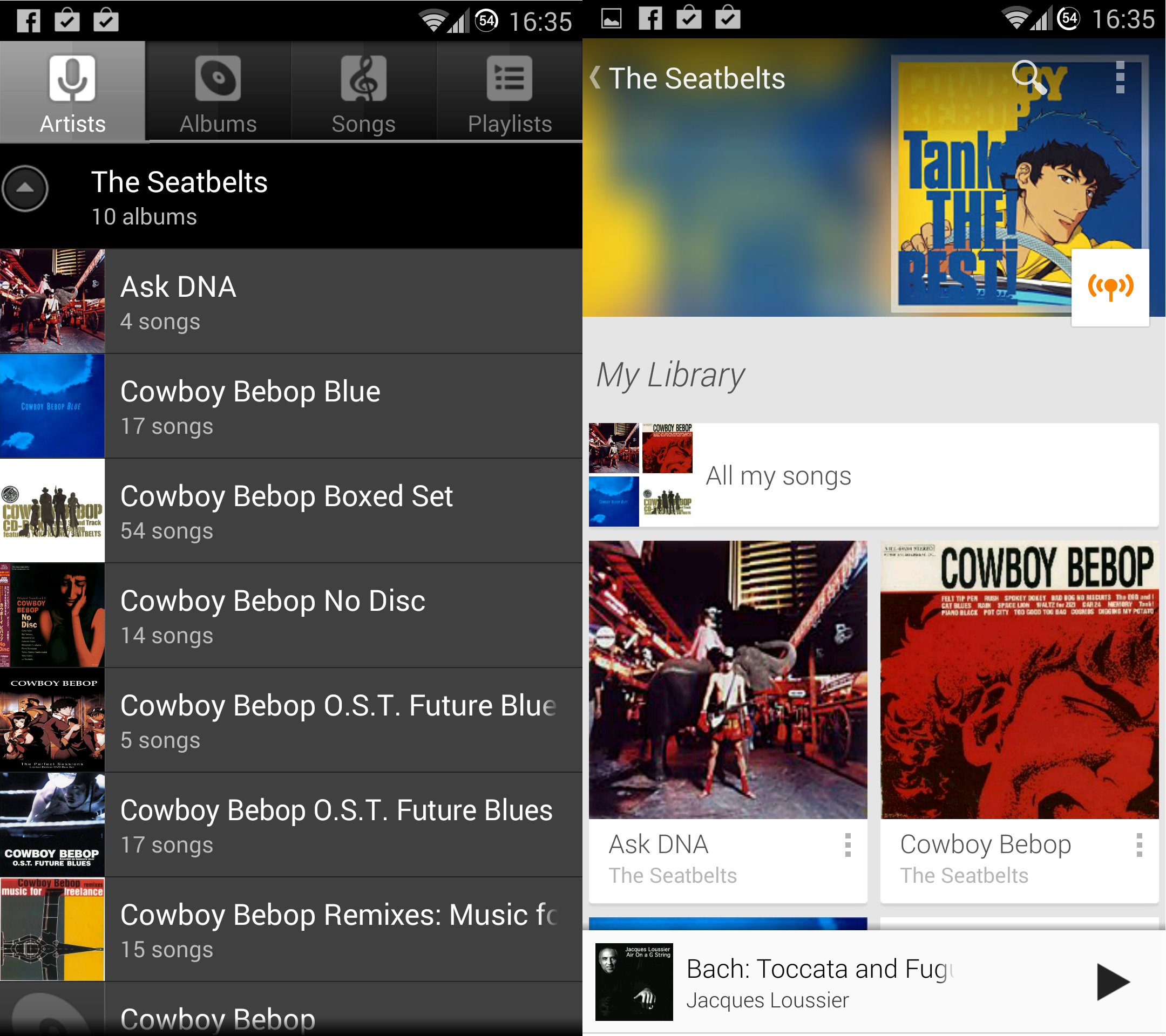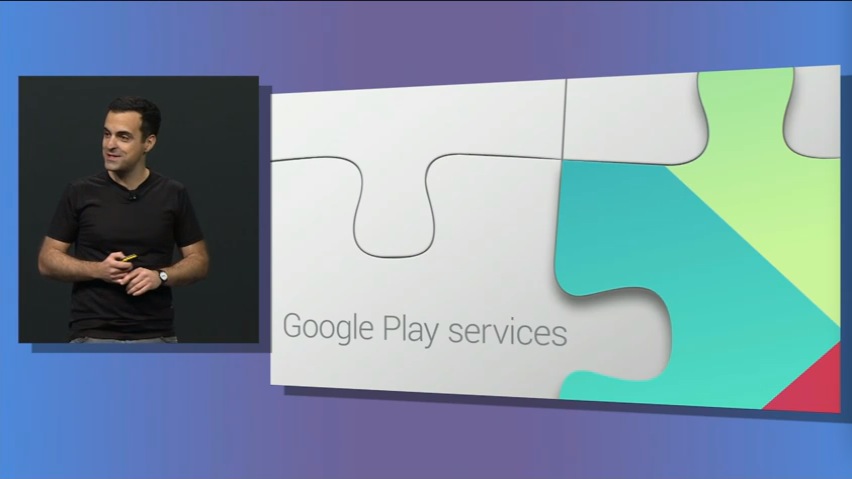Let me start the same way I started the last article, by stating I support many of Google’s efforts, it has pushed open source into the consumer space in many ways. Maybe you don’t think competition to Android from close source alternatives such as Windows Phone or iOS is healthy. But be careful: anti-competitive behaviour also keeps other open source projects out.
Also make no mistake about Android: The base system is open source, the ecosystem is completely closed. If the choice is between an Android monopoly, an Apple monopoly or a Microsoft monopoly, probably all of us reading this would prefer an Android monopoly. Yet, we shouldn’t be forced to pick the least of all evils.
The bait
Google pushed Android by offering OEMs an operating system to compete with Apple. Microsoft had its head buried in the sand so OEMs needed something urgently. One of the most attractive qualities of Android is its open source nature, OEMs can modify the systems as they see fit, or so they thought.
The Play Store (formerly Android Marketplace), on the other hand, is a Google property. Google licences OEMs the right to use it, they need to sign a deal with Google agreeing to a bunch of undisclosed rules. At the beginning pretty much only the Play Store and Gmail were closed source, the rest of the system was completely open source, including Search.
Abandonware
As Android grew in size, it was no longer of any use to Google that so much of Android was open source. They had achieved what they wanted: avoid a monopoly by Apple or Microsoft that endangered their position as the main search engine of the world. So since two years ago they’ve been systematically moving away pieces and bits of Android to the Play Store on the disguise of providing faster updates. Yet, in reality what they’ve done is basically abandon their open source applications and release close source versions of them.
With nobody to maintain them, these apps have now become abandonware, even something as simple as the music player is now close source.
Secret and not so secret rules to avoid competition
Android is open source, so we should expect some other companies or organisations to come up with a competitor to Google’s version. Why hasn’t this happened? If a company currently makes Android handsets and want to also make their own version they can’t, Google has given itself the power to stop them from doing it.
But that’s not all. Say you’re Amazon and you want to compete: Thanks to Google’s agreements you can’t use any hardware manufacturer that currently wants to produce Android devices, for example, you can’t use Foxconn to build your Kindle Fire. This greatly reduces the possibility to find partners. Remember Google’s Android has 80% of the smartphone market and is growing in the tablet sector.

Acer tried to use and support Aliyun OS (fork of Android) and was stopped right on the spot by Google
Moreover, you won’t get access to any of the modern applications available for Android. No Gmail, no Google Now, no Play Store (and therefore, no ecosystem), no Google Keep, no Google APIs, no Google Maps, no Google Drive, no Youtube, nothing of what makes Android popular is open source.
Closed source APIs
Say you found a hardware partner and you’re ready to invest on creating your own version of Android. You will try to build your own store and your own ecosystem. Well, if you build a store that should be enough, right? Android developers just need to upload their apps to your Application Store, and that’s it, right?
Not even close. Some of the most important APIs developers use on Android are not open source: Many (if not most) apps available on Google’s Android wouldn’t run on your fork of Android legally. In order to extend compatibility you’ll need to create your own APIs that work with applications coded using Google’s.
Soon Android will be the dominant OS
For almost 20 years Microsoft enjoyed an undisputed control over the operating systems market. The expansion of mobile devices, however, has decreased Microsoft’s control of what people use and don’t use. In fact, not long from now, Android will surpass Microsoft as the most popular and common operating system. Google is even trying to pierce into Microsoft’s monopolised PC market with ChromeOS.
The future and current state of affairs represent an improvement over the last two decades. A world where the PC market is a little bit less monopolised and the mobile market is controlled by a company that uses a linux-based operating system is preferable, but we shouldn’t settle for that. It isn’t healthy for the mobile industry, the web or the open source community that alternatives are impossible to push.
Think about it for a second, Microsoft has thrown billions of dollars from its bottomless pockets to compete with Google in the mobile space and it has yet to make a dent. How can we expect other open source projects to compete under such circumstances?
[sharedaddy]






That’s free market. Time and time again, we’ve seen that consumers are only too willing to sell their freedom and privacy for convenience. Let them, it’s their business and they get what they deserve.
Me personally, I’ve had it with Google. NoScript blocks it, even stuff like jquery if the webdev couldn’t be bothered to include it himself instead of pulling it from google.
My forced-on-me-google+-account can rot in hell and half my Adblock blacklist is written for youtube and google search to block anything, I don’t need there.
And Android? I’m just waiting for a half-decent Firefox phone as Ubuntu manages to pull the same crap as Google without even being in the market yet.
Interestingly, I am using a Google login service to reply; isn’t that ironic, given the nature of this article?
I do agree with the author that Google is achieving dominance right now, and that dominance is not in a completely open environment, but I differ with the author in thinking that couldn’t change at any moment in time.
Right now, and for a couple of years, nobody has been able to challenge Google much.
But even in the Google ecosystem, take a look at Samsung. They redo quite a bit of the systems they provide on tablets and phones. Don’t think them incapable of coming up with their own complete system if the Google model ceases to work for them. They are a giant and they already have quite a few of the pieces they need. If Google’s policies become too fixed and hard-headed, a consortium of a few vendors like Samsung, Acer, Asus, and LG could unseat even Google; don’t think it couldn’t happen; it could.
Apple, though smaller, can also retool and adjust. Though much smaller, their profit per unit sold is much higher than others.
IBM is a third force to deal with; not interested in consumer electronics in recent years, should this space supercede their traditional profit makers, we’ve seen normally slow IBM turn on a dime a few times before; they are capable of doing it again.
Don’t ever count out Microsoft either. They have been known to fail repeatedly in the past, only to try and try again, sometimes getting better only by process of elimination, yet they persist and frequently come out on top. No reason they cannot learn from history yet again and stay in the mix; they have plenty of history to learn from!